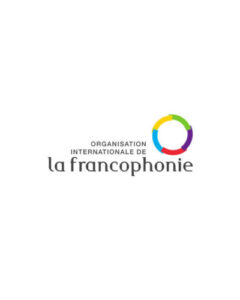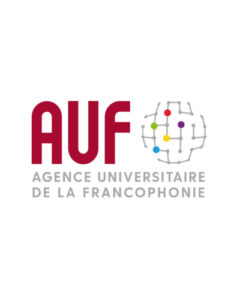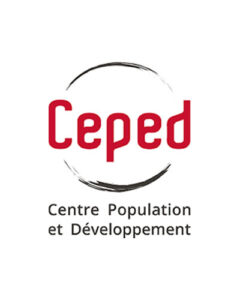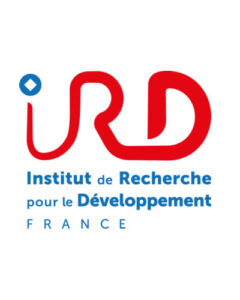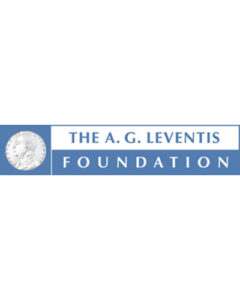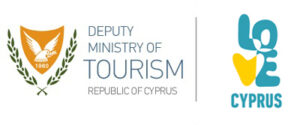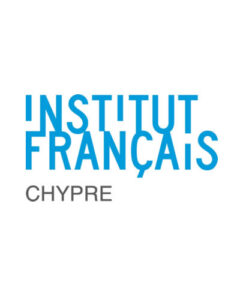Inaugural speaker
Ibtissem Chachou, University of Mostaganem, Algeria
Ibtissem CHACHOU was born in 23 June 1980 in Oran. She lives in Mostaganem where she completed her primary, secondary and university studies. She has a Ph.D. in Language Sciences with a specialization in Sociolinguistics (2011). Since 2007, she is Professor in Language Sciences at the University of Mostaganem. She is the author of La situation sociolinguistique de l’Algérie (L’Harmattan, 2013) and Sociolinguistique du Maghreb (Hibr, 2018) and the editor of Pour un plurilinguisme algérien intégré (Riveneuve 2016) and Langues et dynamiques urbaines au Maghreb (Hibr, 2020). She has also extensively published in scientific journals especially on the sociolinguistic situation of languages in ordinary, school and university encounters and contexts.
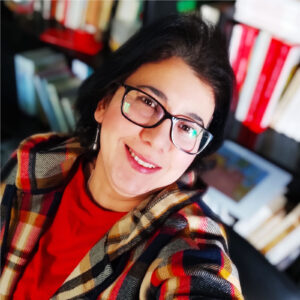
Plenary speakers
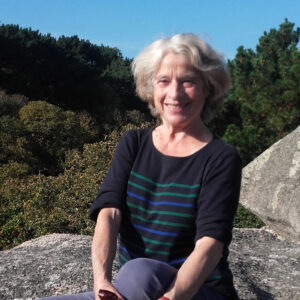
Josiane Boutet, University of Paris Sorbonne, France
Josiane Boutet taught Linguistics and Sociolinguistics at the University Paris 7 (later to become Denis Diderot), then at the lnstitut universitaire de formation des maîtres. In the 1970s, she was among the circle of French linguists (together with, among others, Jean-Baptiste Marcellesi, Bernard Gardin, Louis-Jean Calvet) who inaugurated a new discipline: Sociolinguistics. In 1976, she contributed to the creation of the journal Langage et Société devoted to the development of Sociolinguistics and Discourse analysis. Her main area of research is discourse analysis in the workplace. Her research was undertaken in the framework of “Langage et travail”, a multidisciplinary network she contributed to create in the 1980s. She is the initiator of two concepts that expanded well beyond Sociolinguistics in the Social and Human Sciences: “pratiques linguistiques” and “part langagière du travail”.
Jean-Marie Jacono, University Aix en Marseille, France
Dr. Jean-Marie Jacono is assistant-professor in musicology at Aix-Marseille Université (Aix-en-Provence, France). He mainly deals with the sociology of the musical work in the fields of Russian music (19th century) and Popular music (Rap and French song). He also deals with Semiotics and musical signification. He is member of the International research network on musical signification and co-director of the International Doctoral and Postdoctoral Seminar of Musical Semiotics directed by prof. Eero Tarasti (University of Helsinki) for a long time. In 2015, he created with P. Abbrugiati and J. July an International network, ‘Chanson – Les Ondes du Monde’, and the collection Chants-Sons at Presses universitaires de Provence. He was involved in the organization of 3 “biennales” (international symposiums about songs) since 2017. He published Henri Tomasi : du lyrisme méditerranéen à la conscience révoltée (ed, with Lionel Pons, 2015) and Cartographier la chanson contemporaine (2017, ed. with other scholars). He is currently dealing with Mussorgsky’s music and Rap within the changing city of Marseille.
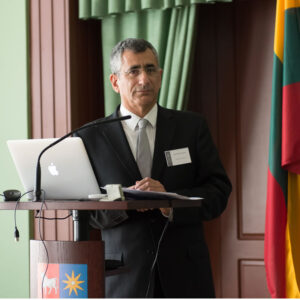
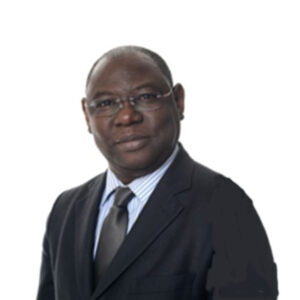
Amidou Maiga, University of Kabala, Bamako, Mali
Amidou Maiga is professor of Language Sciences in the Department of Language Sciences at the University of Bamako. He has been National Director of General Education of Mali (2020-2021) and Technical Counsellor to the Minister of National Education (2016-2020). An expert in bilingual education, his main research interests revolve around the management of national African languages and French in primary and secondary education in Africa. He has actively promoted bilingual education through the various positions held at the International Organisation of the Francophonie, initially as a project leader, then as the Director of Education and Training, and finally as the Coordinator of the programme ELAN-Afrique (School and national languages in Africa). He has served as a Head of Office to the Minister of Culture, Technical Counsellor at the Ministry of Culture and Communication and as a National Director of Arts and Culture. He is president and founding member of the Association of French Language Teachers of Mali as well as member of the International Transcultural Scientific Committee. He has extensively published on the sociolinguistic situation of Mali, the status of African languages in education in African countries, the French-African languages bilingualism and the management of literacy initiatives in Mali. He has received the distinction Chevalier de l’Ordre National of Mali.

